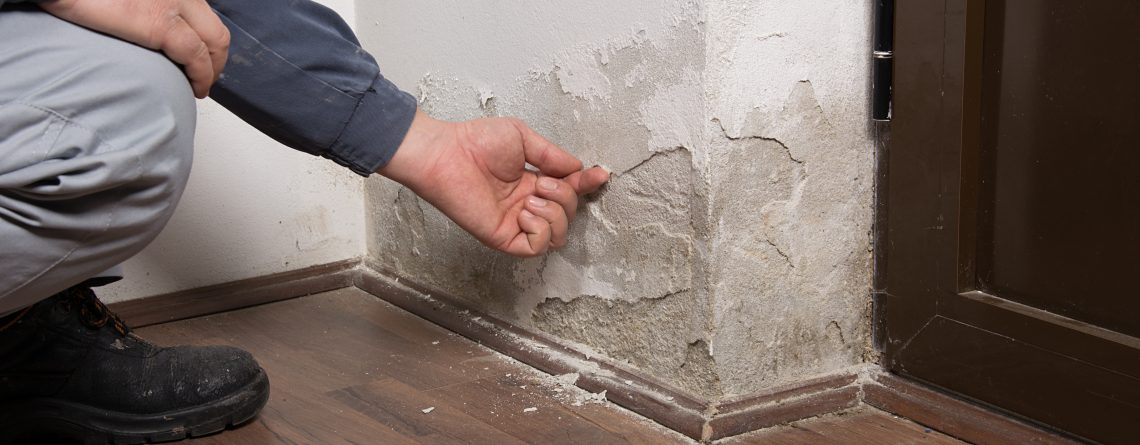Poorly maintained rental properties cause health issues for 44% of tenants
Poorly maintained rental properties cause health issues for 44% of tenants
Almost half of UK renters say they’ve been injured or suffered illness due to the condition of their home, according to a nationally-representative study of UK renters conducted on behalf of Aspect.co.uk, a property maintenance company that provides 24-hour electricians in London.
44% of people who are currently renting, or have rented a home in the UK in the past, say the condition of their home has caused them illness or injury, with respiratory problems arising from mould and damp, allergies linked to environmental irritants and illness related to poor heating among the most common complaints. One-in-five (19.4%) renters said the condition of their home had caused them stress or anxiety.
As well as making their inhabitants ill, badly maintained rental properties have the potential to cause injuries too. 8% say they’ve sustained cuts and scrapes from sharp edges and poorly-fitted fixtures, the same proportion said they’ve experienced an injury from a trip or fall caused by the condition of their home, such as from a loose-fitting carpet or a loose step. 6% have had an electric shock from a landlord-supplied appliance, 4% have experienced puncture wounds and 3% have sustained burns. 4% of UK renters say they’ve experienced a carbon monoxide related illness that they directly attribute to the condition of their home.
Renting-related health problems disproportionately affect the young. The youngest renters are 24% more likely to experience illness and injury related to a rental property compared to the national average.
58% of 18-24 year-olds, 56% of 25-34 year-olds and 54% of 35-44 year-olds have experienced an illness or injury due to the condition of their rented home. That’s significantly higher than the 39% of 45-54 year-old renters and 27% of over-55s who reported the same.
London had the most property-related injuries and health problems, but as a proportion of residents, Birmingham came out as the UK’s capital of poor rental health.
Says Nick Bizley, director of operations at Aspect:
“It’s alarming but not surprising that so many UK tenants are reporting health problems directly related to the condition of their home. From first-hand experience, the age imbalance of those suffering ill-health and injury due to the condition of their home can be directly related to the younger age group not being confident enough to bring maintenance issues up with their landlord.
“Our tradespeople regularly see and report examples of corner-cutting on maintenance, especially where properties have been converted into homes of multiple occupancy, such as a large houses converted into flats, but also at the higher end of the property market too.
“One of our tradespeople recently discovered a homeowner’s drinking water was being fed from a water storage tank rather than being connected directly to a mains supply. This has been done during extensive refurbishment work at the property. You should never drink water from a storage tank as they provide the right conditions for bacteria, such as legionella, to exist. Our tradespeople warned the customer they should change their plumbing as soon as possible and to not drink water from their taps on the meantime.”
Mr Bizley also believes HMO conversions can incentivise landlords to cut corners.
“Our people also regularly see poorly ventilated homes as a direct result of landlords converting large properties into flats without allowing for sufficient ventilation in each subsequent property. This leads to damp, which causes mould, which is proven to have a detrimental impact on health.”
“Aspect tradespeople have also reported non-isolated gas lines where the entire gas supply was located in the ground floor flat in a block of four. Another shortcut we regularly see is landlord-supplied appliances that haven’t been PAT tested. I think landlords can be ignorant of their obligations so we hope this new legislation will clarify those obligations to ensure homes are fit for habitation and lead to a general improvement for living conditions across the rental sector.”


